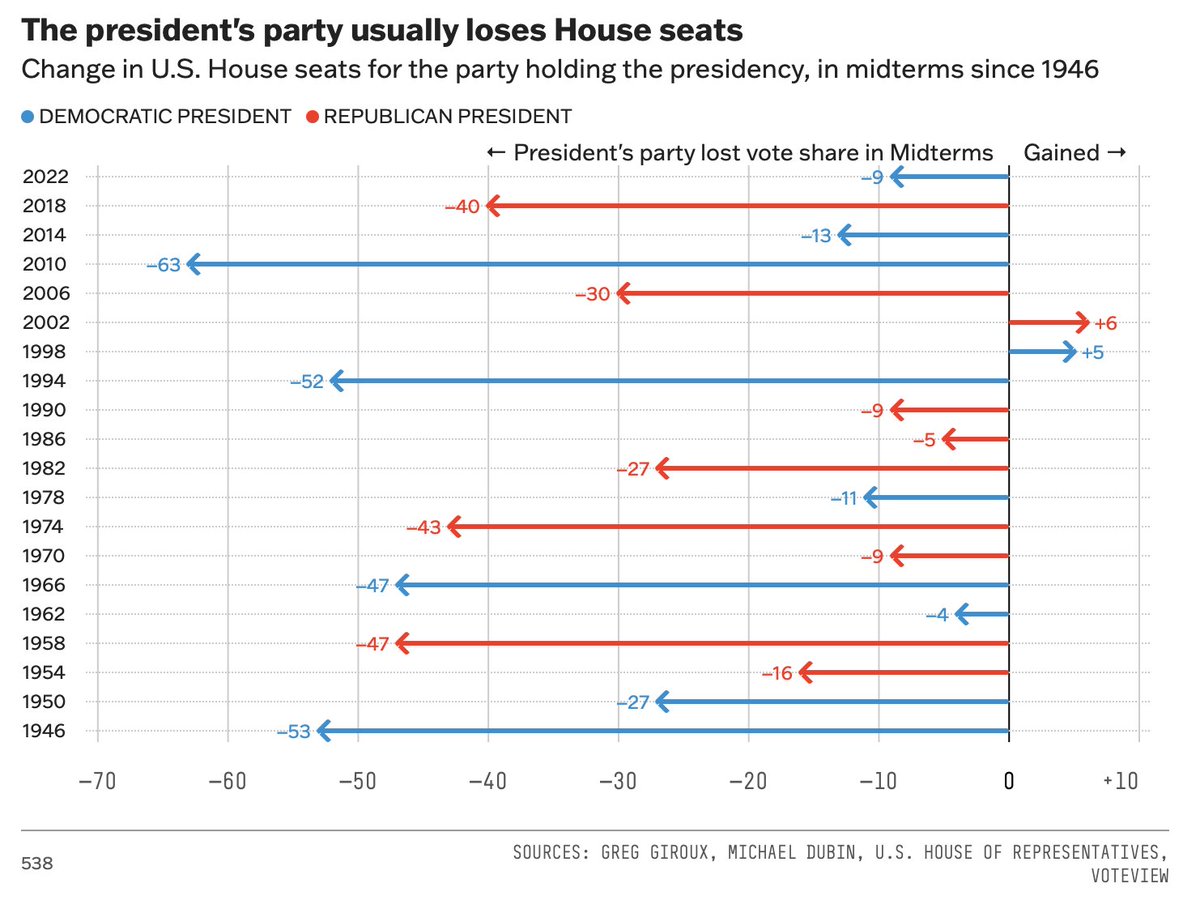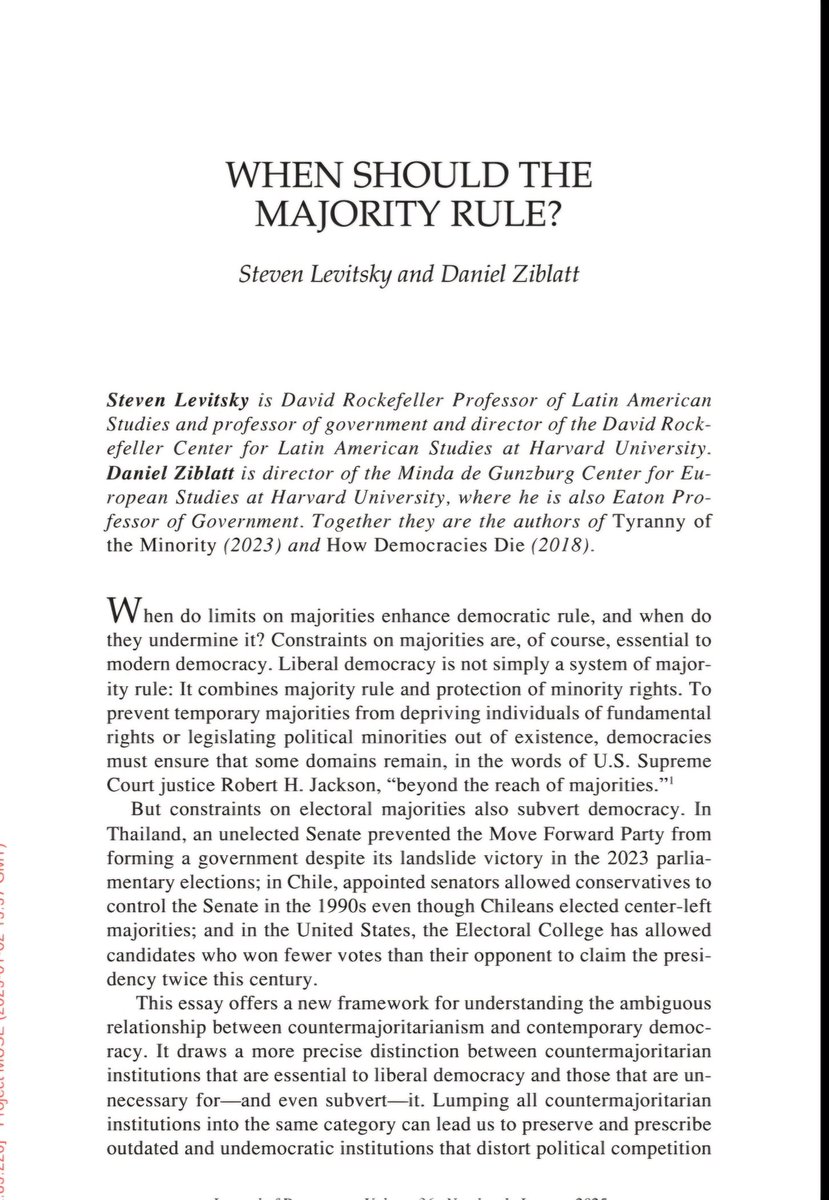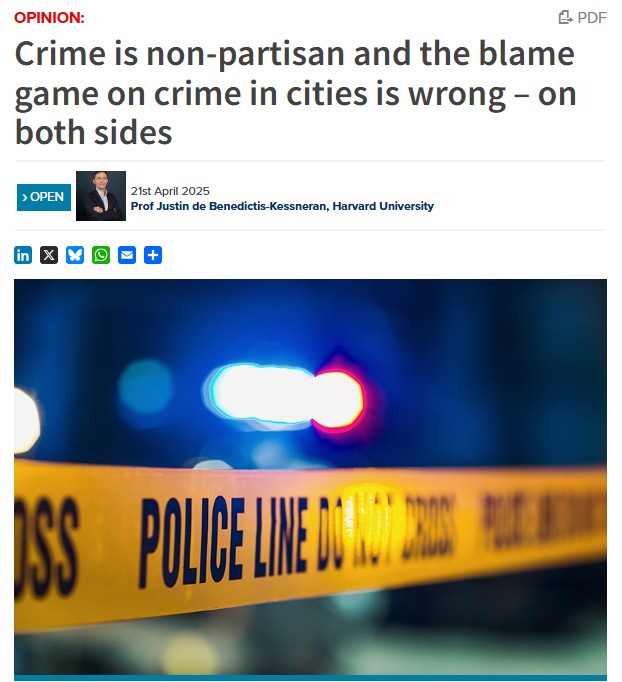
Chris Warshaw
@cwarshaw
Professor of Political Science @GWtweets. Focus on representation & elections. Co-Author, Dynamic Democracy, shorturl.at/ACGT2 & trueviews.org
ID: 11775312
http://www.chriswarshaw.com 02-01-2008 22:37:36
5,5K Tweet
4,4K Takipçi
1,1K Takip Edilen



We have two (2!) jobs at GW, one in Political Science and one at SMPA. Both will be affiliated with Institute for Data, Democracy & Politics. SMPA job: gwu.jobs/postings/116060. Poli Sci job: gwu.jobs/postings/116106. Let me know if you've got questions!


Are Democratic leaders making cities more dangerous than Republicans? Trump + others have repeatedly made claims like this. New paper Science Advances w/ Chris Warshaw @daniel_b_jones Matthew Harvey shows that, in short, the answer is no.


It was fun talking with GW Arts & Sciences's Dean Wahlbeck about how public opinion and elections impact policy. gwtoday.gwu.edu/video-our-demo…


Just posted: newly available state legislator individual ideology estimates! Based on a decade plus of work with Nolan McCarty. New data covers 1993-2022, and now contains 28,987 state legislators. Let us know how you use our data! dataverse.harvard.edu/dataset.xhtml?…



If we mapped state-level support for Trump's BBB, I'll bet it would look a lot like his efforts to repeal the Medicaid expansion of the ACA in 2017. David Broockman and I found that ACA repeal was underwater in every state: nytimes.com/2017/06/14/ups…




